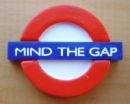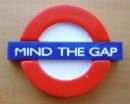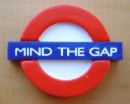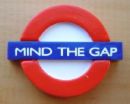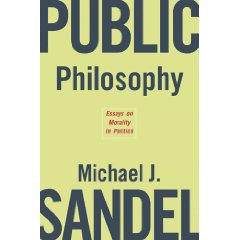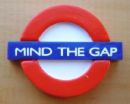
![]() A Gem of Reflection
A Gem of Reflection
September 22, 2007
Paul Levinson
I am sorry to say that with all the reading I do, this is the first time I have come across Paul Levinson. This is a gem of a book, and I will attend to anything else he write, and hope to hear him in person someday.
The author, the book, and by the authors account, California, converges four vectors:
– Cyberspace where its just information, not “real”
– Outer Space, where he believes we need to go
– Inner Space, with hightened spiritual awareness being important
– RealSpace, which only live beings with all their senses can engage
I found this gem to be absorbing and it rounded out my Sunday morning reading quite nicely. Some bullets I took away:
– No senses of smell, touch, taste in cyberspace
– Knowledge is not Experience
– Walking and talking are intertwined
– Cell phone is antidote to Interent, restores ability to work in the real world and not be chained to a computer or cubicle
– Makes care for business, not governments, to fund space exploration
– Discusses robots as useful for some things but no substitute for humans
– Discusses how much we missed in our evaluation of Mars until we actually had a real soil sample with traces of bacteria
– Wants a World Spaceport Center at WTC site in NYC, adds chapter on terrorism and sspace.
The selected bibliography, with annotation, is quite remarkable. I am only familiar with a third of what is catalogued there.
This book helped me understand Jeff Bezos better, and that is always useful.
The author buys into the myths of 9/11. This is disappointing.
Some other books that his is a complement to:
The Tao of Democracy: Using Co-Intelligence to Create a World That Works for All
The Age of Missing Information
Fog Facts: Searching for Truth in the Land of Spin
Lost History: Contras, Cocaine, the Press & ‘Project Truth'
The Landscape of History: How Historians Map the Past
The Lessons of History
Forbidden Knowledge: From Prometheus to Pornography
Voltaire's Bastards: The Dictatorship of Reason in the West
One from Many: VISA and the Rise of Chaordic Organization
Imagine: What America Could Be in the 21st Century




